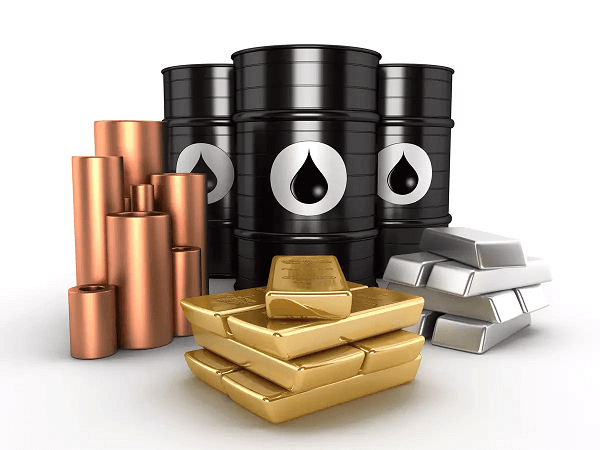Commodity Trading
Buy any commodity from the comfort of home.
Commodity Trading
Commodity Advisory Services
Commodity exchanges in India, are basically electronic trading and settlement systems, with a nationwide presence. A number of brokers are associated with these commodity exchanges who offer online trading in commodities. Electronic trading enables even retail investors to participate in the markets by purchasing small quantities of precious metals and other commodities and holding them in electronic form.

Why Invest In Commodity Account?
Easy Transactions
You can buy and sell commodities very fast. All transactions are electronic. There is no need of physical buying and selling of commodities.
Diversification
Traditionally the prices of commodities move in a direction opposite to equity. Commodities are a good alternate investment.
High Liquidity
You can easily buy and sell commodities unlike real estate. There is always a buyer and a seller for the commodity.
Margin Finance
Invest only a fraction of the cost of the commodity and take home huge profits, through margin financing.
Commodity Exchanges in India
How to open a commodity trading account in India?
FAQ
What is a Commodity Trading Account?-Commodity markets are markets where raw or primary products are exchanged. Indian commodity market consists of both the retail and the wholesale market in the country. Commodity trading is one facility that investors can explore for investing their money. One can trade these commodities by having commodity trading account.
What are the prerequisites of trading?
- PAN Card
- Operating bank account and commodity trading account
- Demat account is not mandatory for trading, however commodity Demat account is mandatory for all delivery based transactions
- Sales Tax number is not mandatory for trading. However, it is mandatory for all delivery based transactions
While trading in commodities, with any registered broker, client has to pay certain charges (apart from margin requirements for trading) which are as follows:
- Brokerage
- Service tax
- Education Cess
- Exchange Transaction Charges To learn more about these charges, call us on 080 67974000 and ask for our experts!

